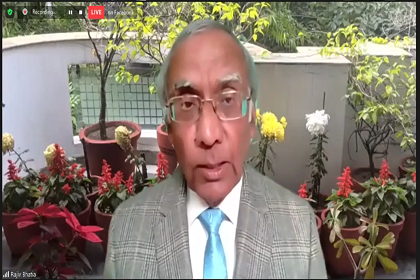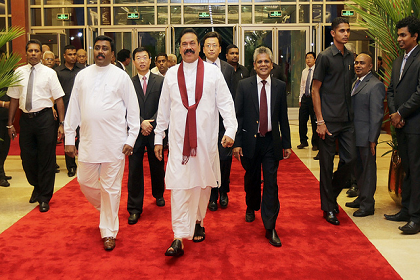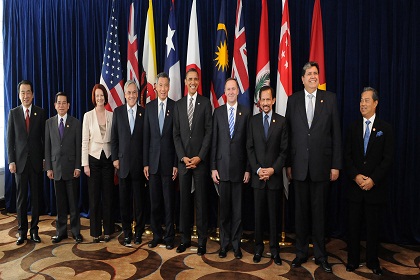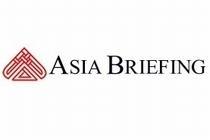BIMSTEC: Potential and Opportunities
During the Bay of Bengal Economic Dialogue 2021 on, Post-COVID Challenges in the Bay of Bengal Region, Amb. Rajiv Bhatia, Distinguished Fellow, Foreign Policy Studies, Gateway House addresses the staggered growth of BIMSTEC, whilst also highlighting its potential as a regional grouping. He identifies the lack of political commitment, bureaucratic inertia and insufficient engagement of the Third Space and disregard for the region as a community as the chief obstacles to a successful initiative.






